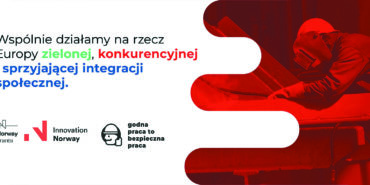What is the situation of young mothers on the labour market?
Professional activity and having children are decisive factors in the burden on women. This is especially true for young mothers, because caring for young children is very absorbing. Taking care of children takes women about three times more time than men.
A mother who gave birth to her first child at the age of 20-24 can be defined as „young”. It should be noted, however, that the age of birth of the first child is currently shifting to 25-29 years.
A break in work related to the birth of a child has a huge impact on the mother’s professional activity, often causes a break in the professional curriculum vitae and affects the obsolescence of knowledge used in the performance of work. This, in turn, causes growing anxiety and frustration, and consequently the lack of return to the labor market or an unsuccessful return, failure to cope. It is therefore important that women are guaranteed solutions that allow them to effectively fulfil their duties at work.
With regard to the evaluation of mothers as employees, you can find both positive and negative reviews of employers. The positive qualities of mothers include: greater responsibility for work, better organization of working time, better coping with stress, distance to work, emotional stability, creativity, patience and empathy. Among the negative features, the following were mentioned: greater absenteeism at work and limited availability, as well as the lower importance of work in life due to the importance of the family sphere.
Activities aimed at facilitating the reconciliation of work and family life, used by employers in Poland include:
- the possibility of working in individual working time, performing some tasks at home, reducing working hours (up to a maximum of 6 hours a day), maintaining full employee privileges during maternity leave
- the ability to telework several days a week
- the possibility for women staying at home on maternity leave to use a company computer with Internet access and intranet, as well as access to a company telephone
- the possibility of taking advantage of special trainings, e.g. showing how to manage your own time and how to deal with stress
- flexible responsibilities
- creation of a company kindergarten enabling childcare during the company’s working hours (state or private kindergartens did not always provide care during these hours) and during the holidays
- an additional 30 days of paid annual leave.
Source: CIOP and PIB materials
Source: https://www.seka.pl/mlode-matki-na-rynku-pracy/

Projekt otrzymał dofinansowanie z Norwegii poprzez Fundusze Norweskie 2014-2021, w ramach programu „Dialog społeczny – godna praca”.


